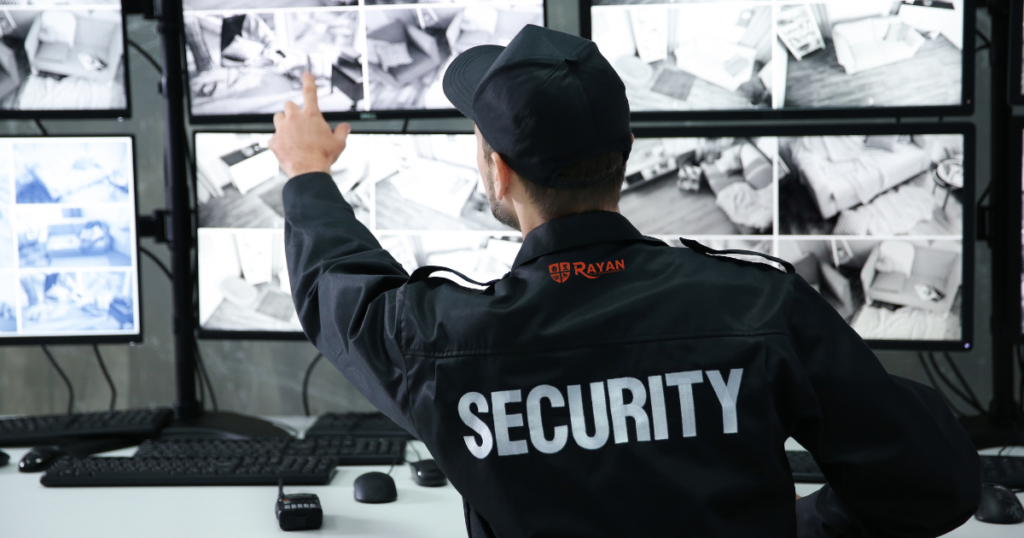In an increasingly technology-driven world, the role of security personnel remains essential in ensuring the safety and security of individuals, assets, and environments. While advancements in technology have undoubtedly enhanced security measures, the human element remains crucial in effective incident response. Security personnel bring unique skills, expertise, and critical thinking abilities that, when combined with technological tools, empower them to respond swiftly and effectively to security incidents. In this article, we will explore the importance of the human element in empowering security personnel for effective incident response.
Proactive Threat Detection
Security personnel possess inherent instincts and observational skills that allow them to detect potential threats proactively. Through their training and experience, they are trained to recognise suspicious behaviour, identify anomalies, and respond swiftly to mitigate risks. While technology plays a supporting role in threat detection, it is the human element that adds intuition, discernment, and adaptability to the security equation.

Effective Communication and Coordination
During security incidents, clear and timely communication is critical to ensure an effective response. Security personnel serve as the central point of communication and coordination, relaying information, directing resources, and collaborating with relevant stakeholders. Their ability to communicate effectively, both within their team and with external parties, facilitates a well-coordinated and efficient response, minimising the impact of incidents.
Rapid Decision-Making
In high-pressure situations, security personnel must make quick decisions that can significantly impact the outcome of an incident. Their training equips them with the knowledge and skills to assess the situation, evaluate risks, and make informed decisions promptly. The human element brings adaptability, critical thinking, and judgment to the decision-making process, allowing security personnel to respond dynamically to evolving situations.

Interaction and De-escalation
Security incidents often involve interactions with individuals who may be agitated, confrontational, or distressed. Security personnel’s interpersonal skills and ability to manage these interactions are crucial for de-escalating tense situations. Through effective communication, active listening, empathy, and conflict resolution techniques, security personnel can diffuse potentially volatile scenarios, ensuring the safety of all parties involved.
Resourceful Problem-Solving
Incident response often requires resourceful problem-solving to overcome challenges or unexpected obstacles. Security personnel’s ability to think creatively, adapt to changing circumstances, and find innovative solutions contributes to effective incident management. Their experience and knowledge allow them to utilise available resources efficiently, making timely decisions that mitigate risks and restore security.
Post-Incident Analysis and Learning
Following an incident, security personnel play a vital role in conducting post-incident analysis and learning. By reviewing the incident, identifying areas for improvement, and sharing insights with relevant stakeholders, security personnel contribute to enhancing future incident response strategies. Their first-hand experience and observations provide valuable input for refining security protocols, training programs, and preventive measures.
While technology continues to advance and play a significant role in security, the human element remains indispensable in effective incident response. Security personnel bring unique skills, expertise, and critical thinking abilities that complement technological tools and empower them to respond swiftly and effectively to security incidents. Proactive threat detection, effective communication, rapid decision-making, interaction and de-escalation, resourceful problem-solving, and post-incident analysis are all elements where the human touch makes a difference. By recognising and empowering the human element in security operations, organisations can ensure a comprehensive and resilient security approach, providing safer environments for individuals and protecting valuable assets.
Our invaluable team offer 24/7 support and high-level facilities management systems and protocols, to ensure the utmost highest of standards.
Speak to one of the team, to find out more.
